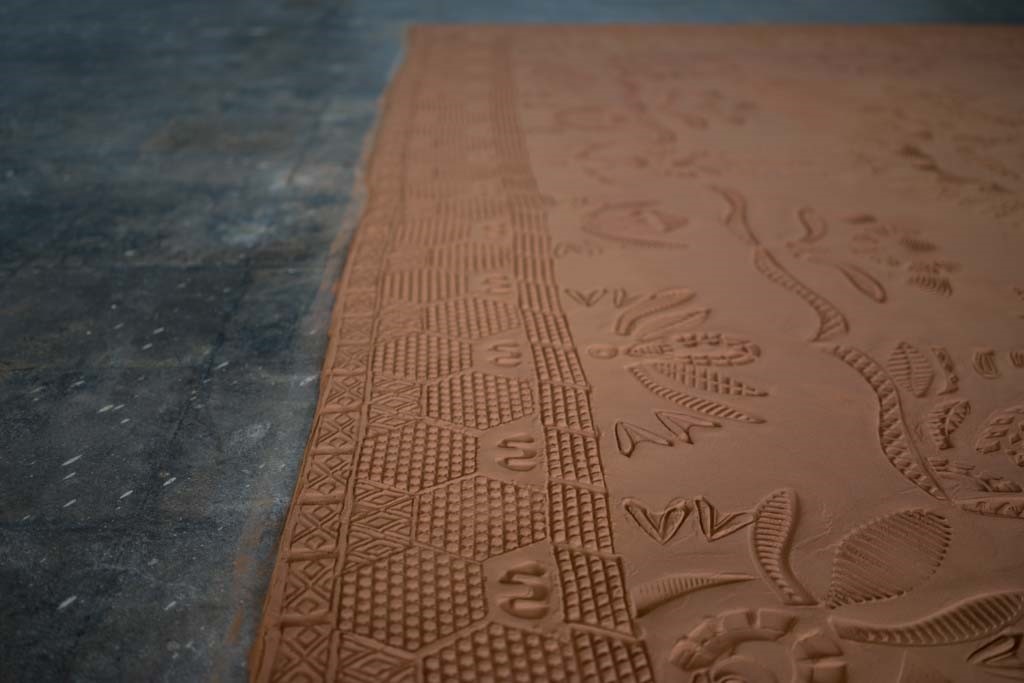
Julia Kirt
Understanding, Connecting, and Seeking the Common Good
Posted by Feb 20, 2018 0 comments

Julia Kirt
Talking with voters, framing issues, raising money.
What’s happening to me and how can it feel so natural?
For the past 20+ years I’ve been an arts administrator. For the past three, I’ve led our state’s arts advocacy organization, Oklahomans for the Arts.
Now, I am running for State Senate in Oklahoma’s District 30.
We focus so much attention on elected officials in arts advocacy. Now I’m striving to become one and it feels like just the right conclusion. I felt pushed off the sidelines into running for office from my experiences advocating for arts and education. We’ve led the nation in state cuts to education, and arts funding has been cut almost 50% in the past eight years.
Marking this more-than-year-long marathon transition, here are some of the ways I’m finding that advocacy compares to and differs from running for office.
Similarities Between Advocacy & Running for Office
Common Good
In both endeavors, my intention has been working for the public good. Whatever the hardships, our state is worth the work.
Whatever the position, I have been committed to making my state better for all. In advocacy, we strive for all Oklahomans to experience and benefit from the arts. In running for office, I hope to build opportunities for all.
Connecting & Activating
In advocacy and running for office, a huge part of the job is connecting with people and mobilizing them to action on their passions. We help realize a government of, by, and for the people.
As advocates, we encourage people’s voices, helping them speak up for their priorities. One-on-one with voters, I prompt this as well by asking voters to articulate what’s important to them.
Now that I’ve knocked on thousands of doors, I’ve listened to varied concerns, from very local to moral to global. Those voters vary greatly in their knowledge of issues and experience in talking with candidates. Each conversation, whatever the topic and however awkward, seems like a little step forward in civic engagement.
Whether it’s about raising money or recruiting volunteers, each person must feel part of something bigger than themselves. So far, I haven’t seen much difference in that enthusiasm whether it’s someone taking action through advocacy or a candidate they believe in.
Understanding
Advocacy and running for office both involve deepening understanding of the state. That includes getting to know people, history, patterns, steps forward, and steps backward.
In arts advocacy, we find intersections. No issue exists in a vacuum. We regularly examine how the arts impact rural economic development, health, children’s well-rounded education, and more. And when doing our job well, we find partners, allies, and coalitions.
In campaigning, I walk the diverse neighborhoods of the district, literally knocking on widely varied doors. I try to gain understanding of each person. Their unique lens comes into clearer view, a combination of values and life experiences that frames each issue in new ways. While there are patterns, I find it much harder to generalize after talking to voters one-on-one.

Differences Between Advocacy & Running for Office
Targeting
As a candidate, I’m talking primarily to voters in the district. I am not trying to reach all people, nor am I hearing feedback from those who don’t vote regularly, aren’t registered, or aren’t eligible to vote. Since campaigns have a limited amount of time, I must focus on those people most likely to vote. Of course I would serve all once elected, but for now am not connecting with everyone.
In advocacy, we cast the widest possible net. We are glad to engage and share resources with anyone who has a passion for arts and culture. We would love for them to also vote, but that’s not our mission.
Partisanship
Running for office is partisan. Advocating for the arts is not partisan.
Running for office has made me more aware how partisan divides grow. Some of them are logistical—different campaign consultants, contributors and primaries.
I am trying to keep my candidacy as separate as possible from my advocacy work, but it’s a small state. One advantage is that we can encourage more voices to speak up for the mission of Oklahomans for the Arts. Fortunately, my board of directors is supportive and we have agreed I’ll continue as director (at least until the election is over).
Overall, I have been amazed by the strength of the arts sector network. So many arts advocates also volunteer in many other areas. They are proactive people!
I encourage my nonprofit and arts colleagues to consider running for office. Your perspectives are needed and you’re more prepared than you know!
